 Firefly Aerospace launched its first Firefly rocket last Thursday. After two minutes and thirty seconds of flight, the launch was terminated due to an engine issue.
Firefly Aerospace launched its first Firefly rocket last Thursday. After two minutes and thirty seconds of flight, the launch was terminated due to an engine issue.
Why it’s important: Though Firefly did not reach orbit, this was a significant step forward for the company.
- Firefly was the first new space startup to livestream their first launch. This kind of transparency is impressive considering that launch companies don’t like airing “growing pains.” You can watch a replay of the Everyday Astronaut stream here.
- The Alpha launch vehicle (1,300 kg to low Earth orbit) flew for two minutes and thirty seconds…not bad for it’s first-time launch performance:
- SpaceX: Falcon 1 (670 kg) first launch lasted 33 seconds
- Astra: Rocket 1.0 (< 100kg) first launch lasted 27 seconds, Rocket 2.0 (< 100 kg) second launch lasted 30 seconds
- Virgin Orbit: LauncherOne (500 kg) first launch lasted a few seconds
The details: Firefly launched its maiden orbital attempt on Thursday from Vandenberg Space Force Base in California. About 15 seconds into the flight, engine 2 (there are four Reaver engines on the first stage) shut down. According to the company, the engine didn’t fail — the propellant main valves on the engine closed and thrust terminated. The remaining three engines were able to maintain control until the vehicle reached supersonic speeds after which it lost control. The range then detonated the flight termination system causing the rocket to explode.
Background: Founded in 2017, Firefly is a launch services provider based in the Austin area. Firefly’s “end-to-end” space transportation solution is unique in the industry, and consists of three major systems:
- Rockets to fly from earth to space (the Alpha launch vehicle)
- A space utility vehicle (think “space taxi”) to maneuver previously launched spacecraft to alternative orbits, and
- A lander to carry payloads down to planetary surfaces.
What’s next? Firefly intends to launch its second Alpha launch vehicle by the end of this year. But first, the company must complete an anomaly investigation to gain an understanding of why engine 2 shut down early, and uncover any other relevant unexpected events during flight.
As Aerospace Lectures organization, we believe that the addition of these launch companies will help make commercial spaceflight become more viable, transparent, and cost-efficient. This way space can be accessible for everyone. Thus, we commend Firefly on its maiden flight and we hope to see many successful space launches in the future.





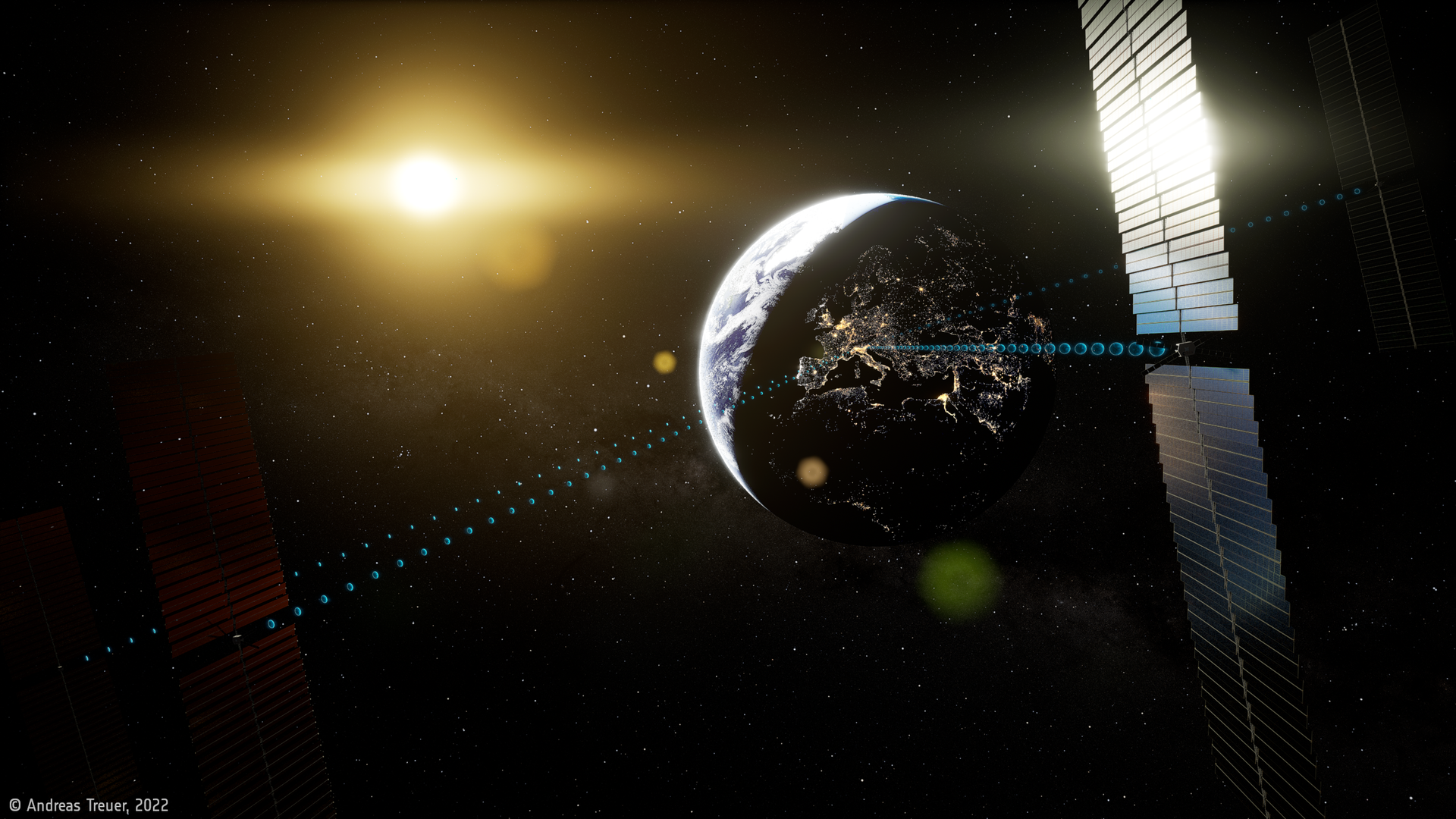


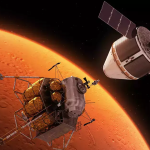
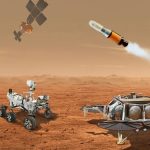













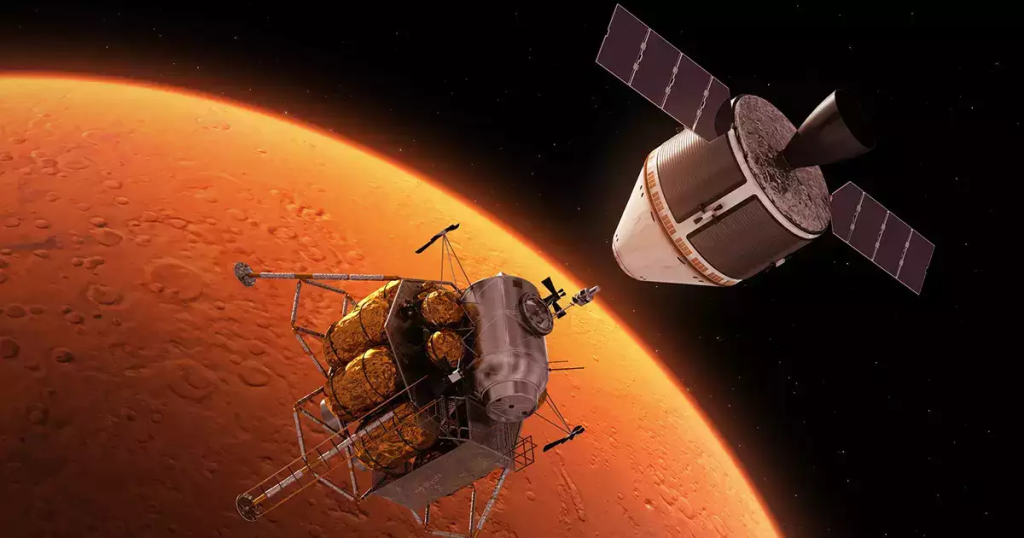
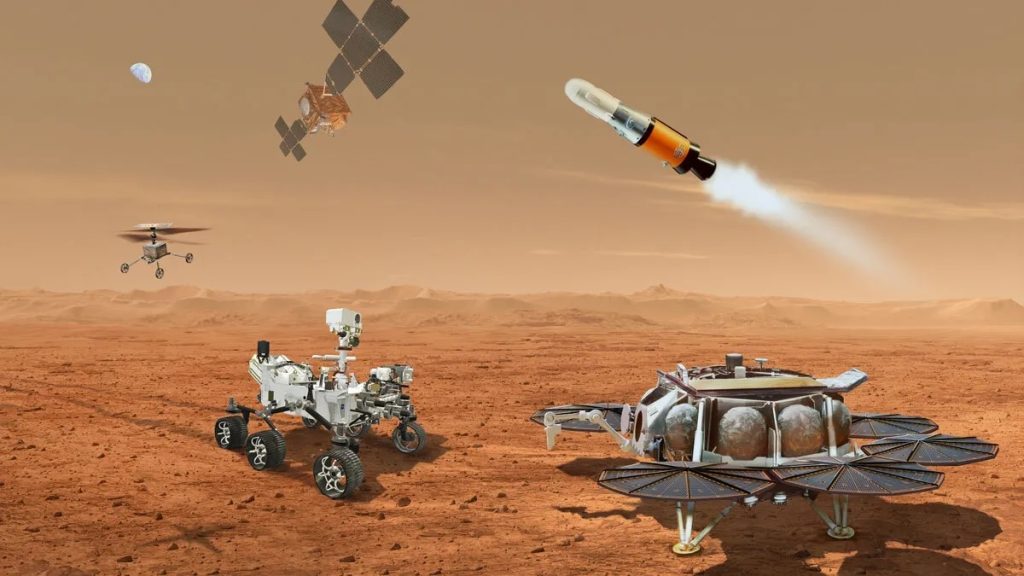

Add Comment